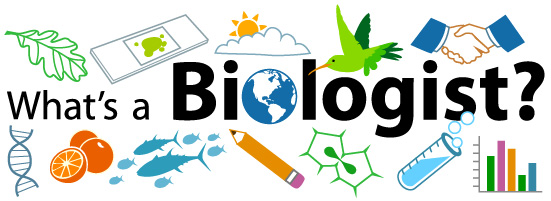Choosing a Career in Biology
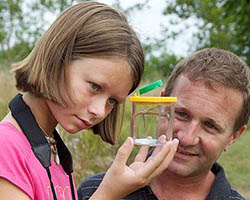
Some people know that they want to become a biologist the moment they begin to learn about the natural world around them. Others spend time working in a very different field, and slowly realize that a biology career might be a good fit for them.
It can be hard to discover what your passion is, but no matter who you are and what you do, it's never too late to become a biologist.
Take it from a few well-established biologists who had difficult starts to their biology careers: You don't have to have the best grades, or a biology-filled background to make a good biologist.
Biologist Miles Orchinik at Arizona State University is a good example. He didn't start studying biology until he was 35 years old. Listen as he discusses some of the jobs he had before he decided to go back to school to study biology:
or download the mp3 here.
Listen to more of Miles Orchinik's interview - Stressed Out
Biologist Caroline Larabell from the University of California, San Francisco also returned to school later than usual. Going back to school might seem like a huge challenge, but it could be easier than you'd expect:
or download the mp3 here.
Listen to more of Caroline Larabell's interview - Cell CAT Scans
No matter where you are along your journey to become a biologist, there are strategies to help you move forward.
Get Involved in School Activities
Volunteer to Get Your Biology Training
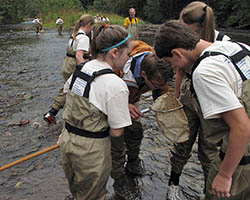
Wherever you are in your biology training, volunteering can be a great way to test out different career options. When you have a break from school, you can volunteer to work with biologists. Some companies may even offer paid internships.
If you are curious about a particular type of work, volunteering can help you test out a certain job within biology. It gives you the chance to see what people in a particular field do every day.
Volunteering also lets you begin to use the knowledge you have been learning in school. This is great for gaining experience outside the classroom, it can help you with your school work, and it helps you figure out if certain jobs interest you.
Visit our Links page for more information about volunteering.
How Do You Get a Job in Biology?
When you are in your last year of your undergraduate biology training, it’s important to start to think about what kind of job you’d like to have. There are many resources available online, and each provide information about current job openings.
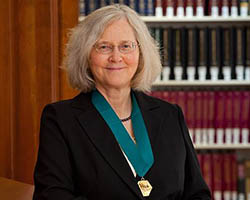
Looking at job postings early on in your biology training can be helpful too. Job postings will often list what type of education background is required. They can then let you know if you are on the right track in your training.
If you are taking classes at a college or university, talking to your teachers can also be very helpful. Don’t hesitate to talk to them about your goals. They were once biologists in training too, and so they will likely have great advice. If you volunteer to work with them, they may also be able to write you a letter of recommendation.
Lastly, talking with your academic advisors can be helpful too. They are there to help you as you work through your biology program. Don’t hesitate to ask them questions about the job search process.
Visit our Links page for more information about job opportunities.
How Much School Do You Need to Take to Be a Biologist?
You can get great jobs in biology with an undergraduate degree. But if you’re interested in continuing your biology education, graduate school might be the right option for you. There are some important things you can do to prepare for graduate school in addition to the things already mentioned. These include volunteering or working in a lab during your undergraduate schooling, doing well in your course work, and perhaps even doing some extracurricular activities.
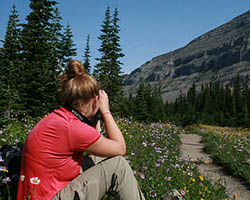
When you start to look for graduate programs, the process can be challenging. There may not be a website that shows open positions for graduate students. Instead, you will often have to explore biology program websites at different universities. By reading the biology websites of these universities, you can find information about the type of research they do at each university.
This is another great time to talk to your teachers and academic advisors about different graduate programs. If they are familiar with your work and your goals, they may be able to help direct you to certain programs or researchers that will interest you.
When you find a program you like, you can see what researcher(s) are at that particular place. Then you can contact those people directly to see if they are interested in having a new student. If they are, then you can consider applying to a graduate biology program at that university. The process for applying to each program may be a bit different, but you will find this information on the program’s website.
Images via Wikimedia Commons. Francis Crick image by Marc Lieberman.
Read more about: What's a Biologist?
Bibliographic details:
- Article: Biology Career Tips
- Author(s): Dr. Biology
- Publisher: Arizona State University School of Life Sciences Ask A Biologist
- Site name: ASU - Ask A Biologist
- Date published:
- Date accessed:
- Link: https://askabiologist.asu.edu/career-tips
APA Style
Dr. Biology. (). Biology Career Tips. ASU - Ask A Biologist. Retrieved from https://askabiologist.asu.edu/career-tips
Chicago Manual of Style
Dr. Biology. "Biology Career Tips". ASU - Ask A Biologist. . https://askabiologist.asu.edu/career-tips
Dr. Biology. "Biology Career Tips". ASU - Ask A Biologist. . ASU - Ask A Biologist, Web. https://askabiologist.asu.edu/career-tips
MLA 2017 Style
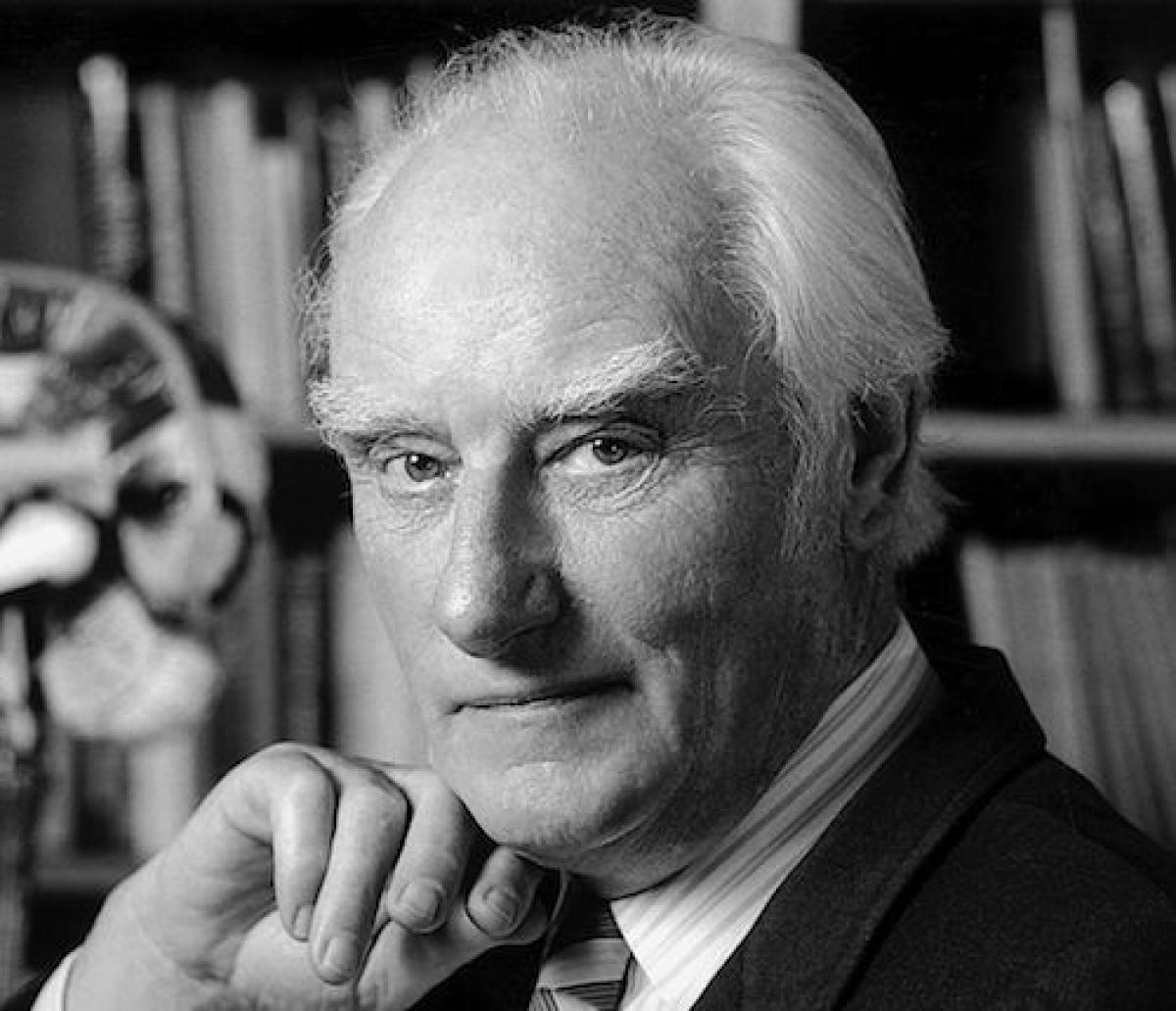
It's never too late to start studying biology. Nobel Prize winner Francis Crick was in his 30s when he shifted from physics to study biology.
Be Part of
Ask A Biologist
By volunteering, or simply sending us feedback on the site. Scientists, teachers, writers, illustrators, and translators are all important to the program. If you are interested in helping with the website we have a Volunteers page to get the process started.

